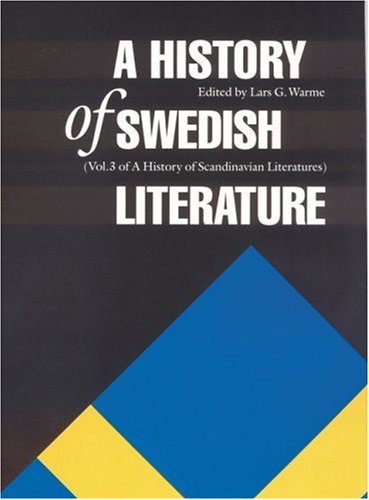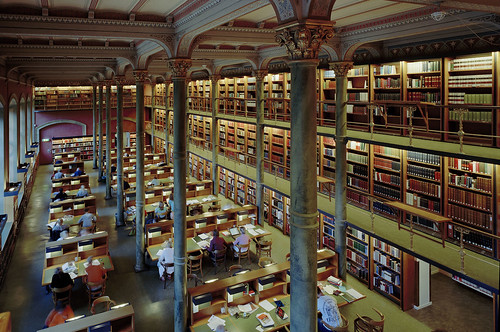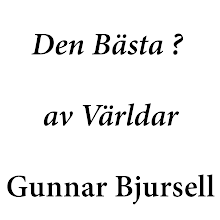Preceeding this report Ban Ki-Moon says that the climate changes are first and foremost the fault of humans.
According to him however there are very few people that fully understands the seriousness and how urgent the problem is.
He also claims that the climate changes can be stopped if everyone make an effort.
The discussion among so called experts has been going on for years and meanwhile not least the Western world continues to live in the same way as before, taking few initiatives to a radically changed lifestyle.
Today I feel that most scentists agree to that there are great changes taking place in the climatological development. However there still are some scientists who engage in pseudo discussions as I would like to call them.
For example:
Some scientists still argue to and fro concerning if the problems we are experiencing mainly is due to natural fluctuations in the climate or to our lifestyle as such.
I think this discussion is superfluous.
We don't have to be scientists/experts to understand that the way of life in Western countries and in other developed countries in the world have a negative impact on nature.
To what extent and how long it will take before it affect us irreversible, is totally irrelevant. It has already affected great parts of the world and not least in some poor countries with a climate that already before these changes were harsh.
Some of the relevant questions are:
1. In what way does the modern, industrial and postindustrial lifestyle affect the nature? Negatively or positively.
Negatively!
2. Can nature exist without us?
Yes.
3. Can we exist without nature or natural resources?
Not today and surely not within a near future.
4. If we would reduce the amount of cars and other vehicles, boats and airplanes run on fuel that discharge carbon dioxide, would that lead to better consequences for our environment and our health?
Yes.
Of course someone could argue that this depends on what we replace these vehicles with but generally speaking a reduction of carbon dioxide is something positive as such both for us, for other living creatures and for nature.
We can't wait until scientists find a fuel that solely let's out harmless steam - even though this has existed according to many reports.
5. Can we change our way of life?
Yes.
6. Do we want to?
This is the main problem. People often talk about the environment and love to breathe fresh air, swim in clean oceans and so on but don't seem inclined making an effort accomplishing this.
Emissions trading is one way even though I question its efficiancy.
It could be perceived as a way to clean the private or corporate conscience. However when travelling with civil aviations one has the possibility to trade emissions but in a survey in Swedish radio very few knew that they could do so. Some said that they found it to complicated!
The Swedish Minister for Agriculture, Eskil Erlandsson, said in a interview the other day concerning the problems with Methane gas from cattle, that he thought it better that the scientists found an answer to the problems with this than us trying to reduce our meat consumtion.
This is of course very unwisely spoken. To reduce our meat consumtion does not mean that everyone has to become a vegetarian like me. There are also a lot of problems of other sorts when it comes to eating meat.
To produce one beef one have to use 5 000 liters of water and as we all know clean water is something very rare in many parts of the world leading to diseases and death to many millions of people. But who cares?
One have to underline that Erlandsson comes from an agricultural family and has followed qualified studies within agriculture so his view is a bit biased.





































